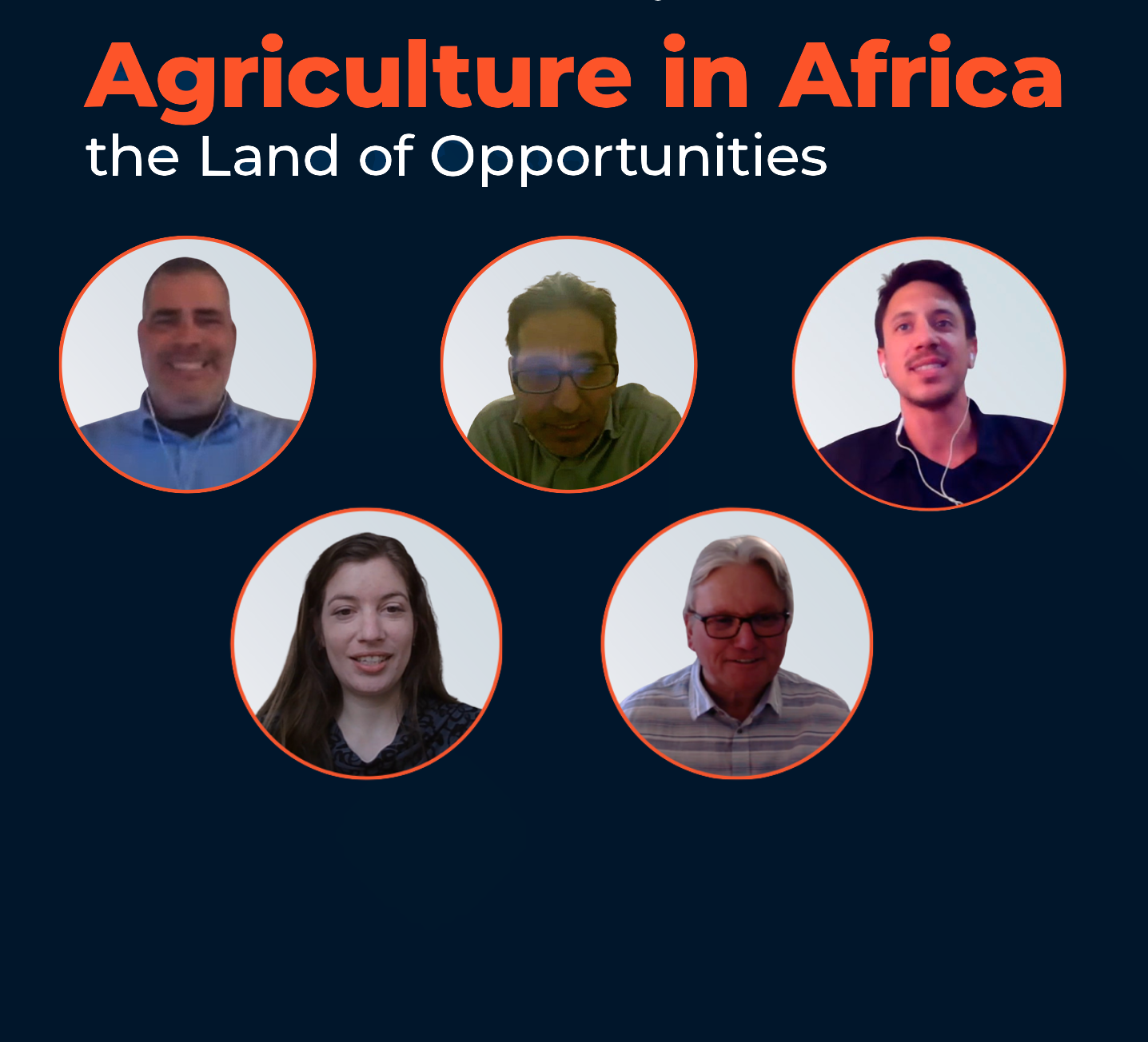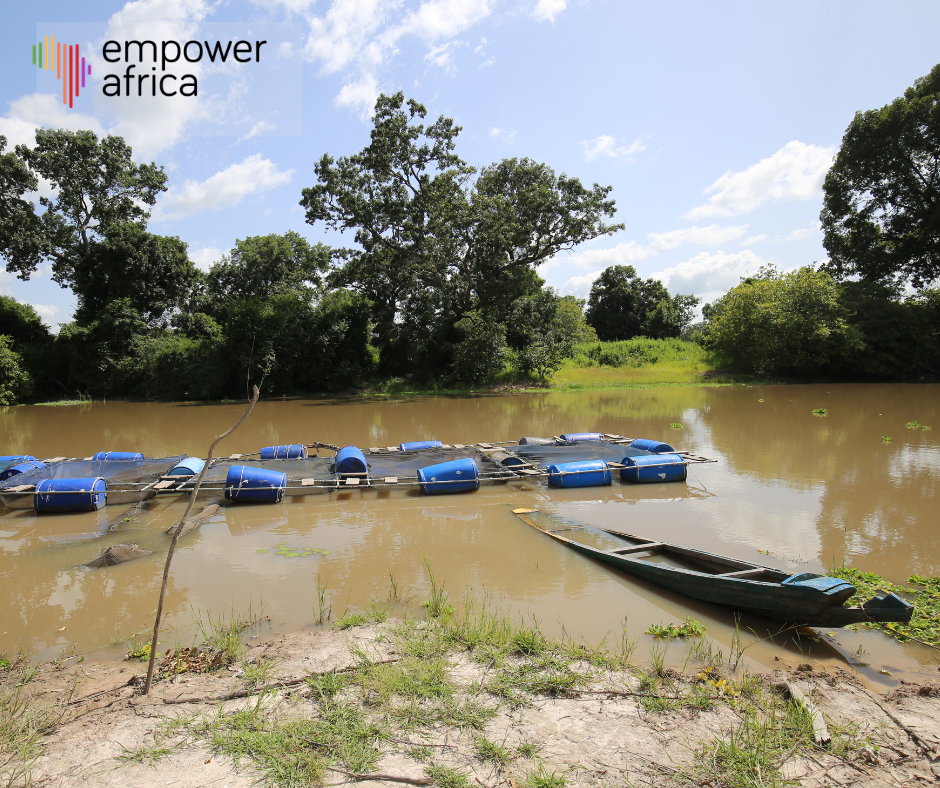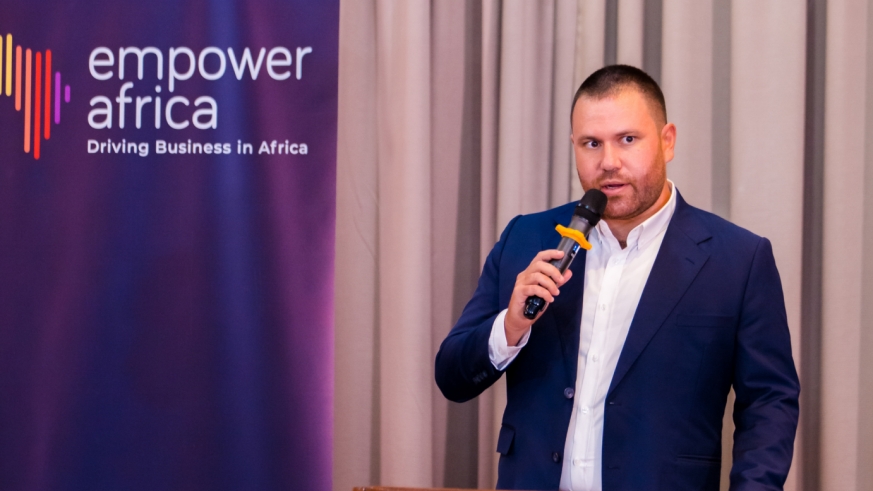Author: Ezi Rapaport
-

Regulatory Sandboxes in Africa
In a rapidly evolving world, regulatory bodies often have trouble keeping up with the pace of business and technology innovation – especially when it comes to fintech. To allow for innovation while protecting potential customers, governments across the globe – and across Africa – have designed “regulatory sandboxes.”
-

Driving Business in Africa Virtual Event – The Power of Energy
Empower Africa hosted a virtual Event entitled “Driving Business in Africa Virtual Event – The Power of Energy”. Here are the recordings of the sessions.
-

Israel – Africa: Extraordinary Women, Extraordinary Entrepreneurs Virtual Event
Empower Africa hosted a virtual Event entitled “Israel – Africa: Extraordinary Women, Extraordinary Entrepreneurs”. Here are the recordings of the sessions.
-

Agriculture in Africa – A Land of Opportunities
Empower Africa hosted a virtual Event entitled “Agriculture in Africa – A Land of Opportunities”. The event explored the value-based business practices underlying sustainable and robust agriculture development in Africa.
-

Why you should invest in Aquaculture in West Africa
Aquaculture in West Africa can increase food production, preserve the marine ecosystem, and restore wildlife populations.
-

Hillel’s Tech Corner: Empower Africa
Israeli firm launches business network in Rwanda: Share on facebook Share on linkedin Share on twitter Tel Aviv, Israel – OCTOBER 29, 2020: A team of entrepreneurs and business people under Israel based Empower Africa this week launched its business network platform in Kigali. The aim, they say, is to collaborate with their Rwandan counterparts…
-

Israeli firm launches business network in Rwanda
Israeli firm launches business network in Rwanda: Share on facebook Share on linkedin Share on twitter Tel Aviv, Israel – OCTOBER 29, 2020: A team of entrepreneurs and business people under Israel based Empower Africa this week launched its business network platform in Kigali. The aim, they say, is to collaborate with their Rwandan counterparts…
-

Public Private Partnerships Driving Cold Chain Innovation for COVID Vaccine Transport in Africa
Private-public partnerships are leading the way for cold-chain innovation on the continent. These types of partnerships will grow as African countries continue their race against time to deliver vaccines to their populations. The cold storage solutions designed for Covid vaccine transport will continue to serve the continent long after the pandemic is managed.
-

How this Entrepreneur Left the US and Returned to Rwanda for the Business Opportunities: The Story of ARED Founder Henri Nyakarundi
Henri Nyakarundi was born in Rwanda, grew up in Burundi, and moved to the United States at nineteen to study computer science. After spending over a decade in Atlanta and founding several businesses in the States, Henri went back to Rwanda on vacation and felt the pull to come back home. Following several years of…